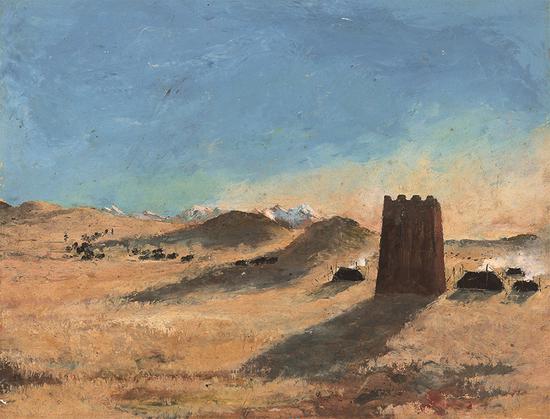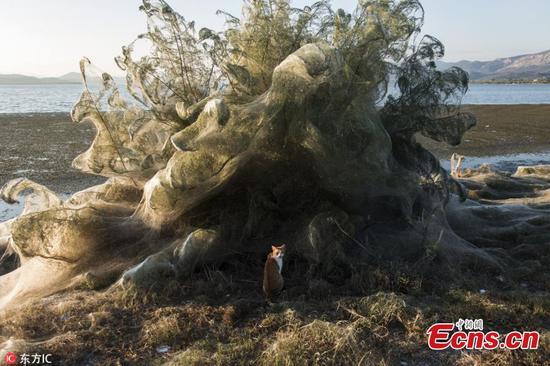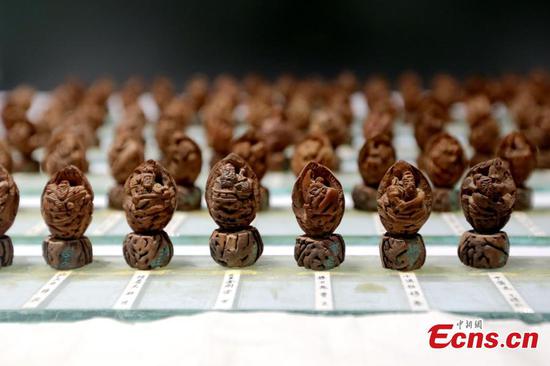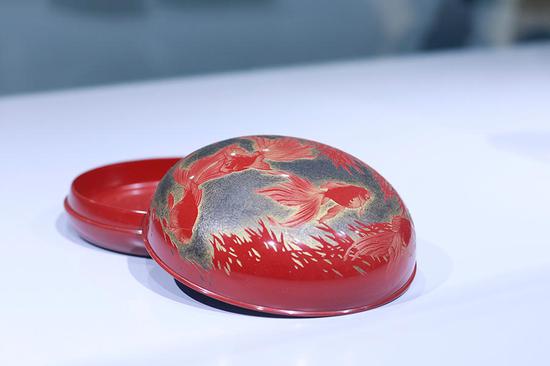Chinese scientists found that vaccine for chickens in 2017 effectively worked to curb bird flu pandemic starting in 2013 in China, but new risks now went on in ducks that demanded more vaccination.
The study published on Thursday in the journal Cell Host &Microbe revealed that vaccination of chickens successfully prevented the spread of the H7N9 virus in China as human infection has not been detected since February 2018, indicating that consumers of poultry have been well-protected from H7N9 infection.
Researchers collected over 37,928 chickens and 15,956 duck genetic samples 8 months before and 5 months after the vaccine's introduction. They isolated 304 H7N9 viruses before the vaccine's release, and only 17 H7N9 viruses and one H7N2 virus afterwards.
But the findings also suggested that two new genetic variations of the H7N9 and H7N2 subtypes had been detected in unvaccinated ducks.
"It surprised me that the novel, highly pathogenic subtypes had been generated in and adapted so well to ducks, because the original highly pathogenic form of H7N9 has very limited capacity to replicate in ducks," said Chen Hualan, a senior author on the paper and an animal virologist at the Harbin Veterinary Research Institute.
The bird flu virus replicates in host cells and often mutates and reassorts over time. When Chen's team looked ly at the genetic types of the disease-causing strains in ducks, they found that an H7N2 and an H7N9 virus had picked up certain gene segments from other duck influenza viruses, improving their ability to infect ducks.
"Influenza viruses mutate as long as they replicate, but it's very difficult to predict when the H7N9 virus will obtain a particular harmful mutation," said Chen. "It is possible that the virus may adapt in other species in the future if it cannot be eliminated soon."
Chinese eat roughly three billion ducks per year and 14 billion chickens. To prevent further human infection, Chen suggested that the virus should be eliminated in ducks as soon as possible.
"Our study indicates that the current vaccine will work well in ducks, so we do not need to develop a new one," said Chen.


















































